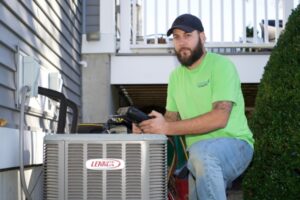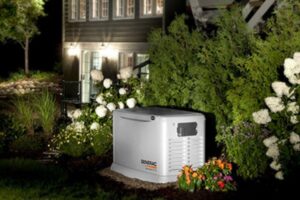What You Need To Know About Oil Tank Condensation
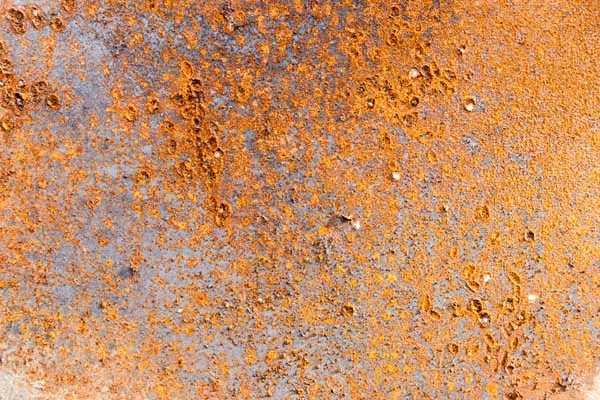
Contents
Fuel oil tanks store and secure the fuel for oil heating systems. This design works well, but it is not perfect. There may be times when the water gets inside the heating oil tank, resulting in problems like oil tank condensation. The good news is that this common phenomenon is preventable.
What You Need To Know About Oil Tank Condensation
Keep reading to learn all you need to know about oil tank condensation and tips on how to prevent it.
How and Why Water Gets Into Your Home Oil Tank
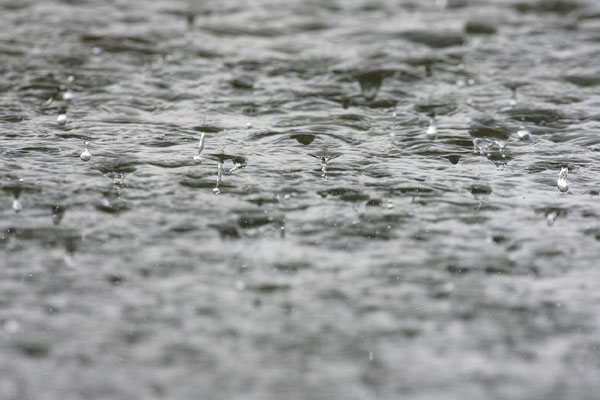
Water can be found everywhere in nature and comes in various forms. As time passes, water can get into your tank. You are better positioned to prevent recurrence once you know how water could get inside the oil tank.
- Rainwater: If you have an outdoor tank, it is exposed to rainwater. Water is persistent and can get in narrow, tight spaces like loose lids. Gutter overflows can also affect the tank that is located near your home. Old oil tanks may have cracked walls, defective seals, and other weak spots.
- Condensation: Condensation is always a threat regardless of where the tank is located. The air vents can pull moist air from outdoors. If the temperature inside your home is low, the water vapor can condense into a liquid. Droplets will form inside the tank’s walls and drop to the base over time. Having a few water drops isn’t a significant issue, but condensation can worsen over time if you continue to neglect it.
- Groundwater: If your oil tank is underground, water can get inside it if the container has holes. This is a concerning issue because water not only moves in, but oil also can also get out. Professional HVAC assistance is required for any type of underground tank damage.
What Happens If Water Gets Inside Your Heating Oil Tank?

Oil floats on water, so it can be challenging to determine if your tank has water through a visual check alone. It is harder to do so if you own an underground tank because it can be inaccessible. As a result, water may stay undetected for long periods. Water in your tank may only become apparent when the symptoms start popping up.
It is best to be proactive in preventing this from happening than dealing with water damage in your oil tank. Save yourself a lot of headaches with regular oil tank inspections. Routine checks include using a water-finding paste placed at the tank’s base because this is where water tends to settle. Make sure that you use a paste that the manufacturer recommends, or consult your local heating oil expert. If the paste changes color, there is water. Let a professional handle it immediately, especially if there are large amounts of water.
How To Prevent Heating Oil Tank Condensation
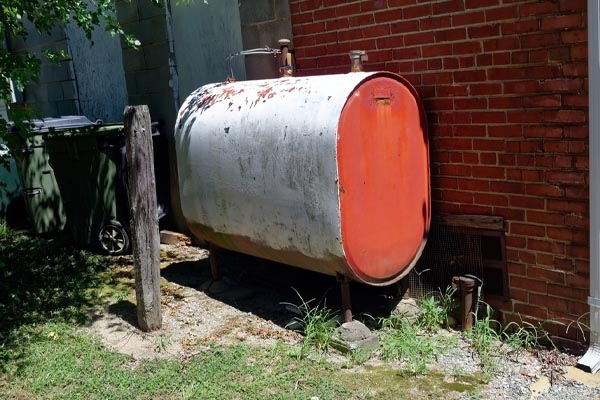
Now that you know how water can get in your tank, you can focus on how to prevent it from happening. Here are several simple preventative measures you can do:
- Check the Fuel Oil Tank: Habitually check the tank’s exterior for any damage signs like perforations, rust, and paint chips. Ensure that all caps and lids are screwed tightly.
- Test for Water: Test the water periodically, as a visual check won’t catch everything. You can utilize a water-finding paste to reach the tank’s base. Make sure you use one that’s manufacturer-recommended or talk to a heating oil professional. A soil contamination test will work if you own an underground tank.
- Protect The Heating Oil Tank from Heat: If you are installing a new tank, ensure it is under a shade. Consider painting its exterior with light-colored reflective paint for heat protection. This way, your tank will have reduced condensation from large temperature fluctuations outside the cylinder.
- Keep Your Home Oil Tank Full: Letting the fuel level get to extremely low levels means more moist air gets inside, increasing the chances of condensation. Have oil delivered before this occurs. Make sure your tank is full during the year, both in the heating and off-season.
- Call the Pros: Professionals can examine your heating oil tank and replace old ones as needed. They can also suggest where best to place your new tank on your property to make sure it has a long lifespan.
How A Professional Removes Water From Your Oil Tank
A moisture test that yields a positive result means the standing water needs to be removed. This can be done using three methods. Remember that you should leave this task in the hands of a professional. Here are three ways a professional may remove the water from your tank:
- Drain: A sludge valve can be found at the bottom of metal tanks. A professional can open this valve so water can pass through. However, there may be times when the oil flows out with the water. This oil needs to be collected and disposed of properly.
- Pump: Plastic tanks aren’t fitted with a valve. Instead, you can use a hand pump to get rid of small amounts of water. Call the pros if there’s a large volume of water, as a hand pump may be insufficient to do this task.
- Absorb: A professional can also use a water-absorbent sock. It is placed inside the tank so water cannot settle at its base. The socks must be replaced periodically, and the old ones must be disposed of carefully. A pro may also use an alcohol-based dispersant.
Possible Damages of Not Removing Water From Your Oil Tank
Here are the likely damages that can occur if the moisture from your oil tank isn’t removed:
- Oil Tank Rust: People may think that water won’t cause any harm and ignore it completely. However, neglecting it can eventually cause damage to your heating system. For example, water can corrode the walls of your oil tank walls. Most steel heating oil tanks rust from the interior. The outside may look perfectly fine, but the tank may be rusting and wasting away from the inside. The walls become weak and cause problems down the line. As a result, the performance and efficiency of the system will drop.
- Freezing: Oil has a low freezing point, so it can sit in the cold without worries during the winter. However, water freezes at 32 degrees Fahrenheit or 0 degrees Celsius. This temperature commonly happens in some areas. The oil supply pipes can get blocked by frozen water in tanks, leading to a complete system failure when your home needs heating the most.
- Bacteria: Bacteria typically grow in moist environments. Water in your oil tanks makes them susceptible to bacteria multiplying. These microorganisms can become sludge at the bottom of your tank. The sludge can also release acid, which can corrode the tank quicker. It can also affect the filters, fuel lines, and burners which can cause significant issues.
Conclusion
Water shouldn’t be inside your oil tank. Ensure the water is kept out of the tank to prevent damage and problems with your heating system. Take note of the prevention strategies in this article and follow them as needed. Ask for professional help for advanced cases.
Call Columbus Energies For Superior Heating Oil Services

For all your HVAC and oil delivery needs in Southeastern Massachusetts and the Rhode Island region, contact Columbus Energies. We are family-owned and operated that has been in business for over 60 years. Our company has withstood the test of time by delivering honest, high-quality services that locals can trust. We treat our customers like family. You can always count on our experienced technicians to provide you with service that goes above and beyond your expectations.
For those that use oil-heat, you can select from one of our various oil delivery plans and financing options. This way, you can customize your fuel deliveries to meet your needs. Not only that, but we employ the best professionally certified HVAC contractors who can perform exceptional HVAC services. Some of these services include oil tank replacements, air conditioning maintenance, boiler installations, and more. All of our home comfort services are affordable and are done accurately and promptly at all times.
Schedule a service appointment with Columbus Energies call today. Call now and receive a free, in-home estimate.
Contact us now by calling (508) 674-1492 to speak to one of our home comfort specialists! Click the link to view our HVAC service area.

